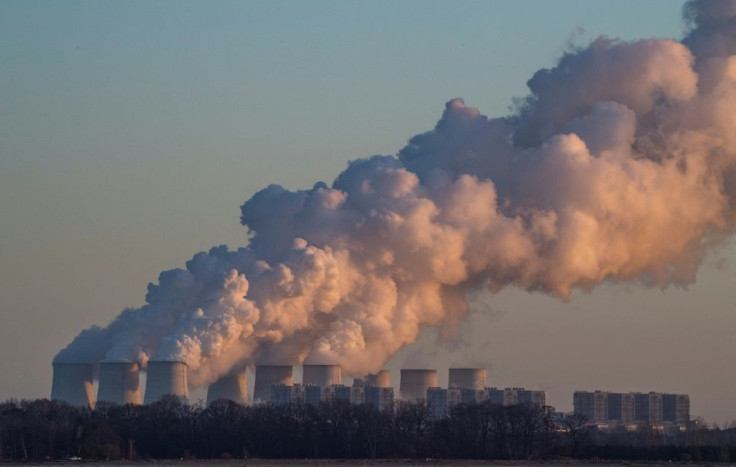Banks Gave $745 Billion To Groups Planning New Coal Power Plants: NGOs

Financial institutions have channeled $745 billion over the past three years into companies planning new coal-fired power plants, according to a report by environmental groups, who are urging global banks to stop financing the sector.
The report's release comes as world leaders met this week in Madrid for a 12-day UN climate summit, where they are expected to hammer out some of the details of the 2015 Paris agreement.
They face increasing pressure to step up their commitments on fossil fuel reduction after a major UN report last year warned global warming must be capped at 1.5C and the global economy must be "carbon neutral" by 2050 to stay under that threshold.
But the report released by environmental groups on Thursday cites more than 1,000 new coal power stations or units in the pipeline.
The amount lent to companies planning new plants was calculated using data covering both lending and underwriting between January 2017 and September 2019 for all 258 coal plant developers identified in the Global Coal Exit List, drawn up by the Urgewald and BankTrack groups.
"Most of the top banks providing loans or investment banking services to these companies acknowledge the risks of climate change, but their actions are a slap in the face to the Paris Climate Agreement," said Greig Aitken, climate campaigner at BankTrack.
The top three lenders listed are the Japanese banks Mizuho, Mitsubishi UFJ Financial Group and the Sumitomo Mitsui Banking Corporation. These are followed by US giant Citigroup and France's BNP Paribas.
"Japan's top three banks are undermining the Paris Agreement and tarnishing their reputations as the world's biggest lenders to coal plant developers," said Shin Furuno of 350.org.
"Global banks must align their portfolios with the Paris climate goals by ending finance for the coal sector altogether and actively funding the transition towards a zero carbon future."
© Copyright AFP 2024. All rights reserved.





















